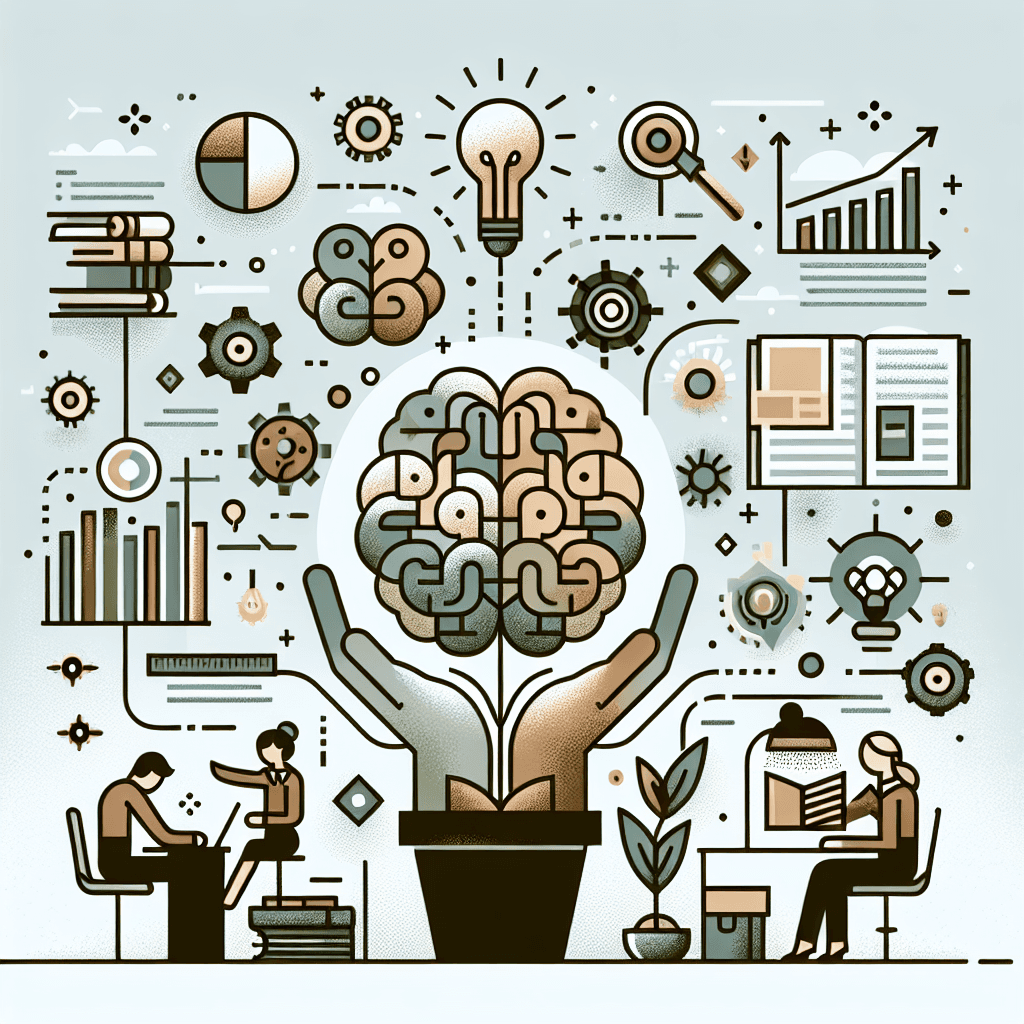Nurturing Minds: Embrace Curiosity for Lifelong Intellectual Growth

Cultivating Curiosity: Nurturing Your Mind for Optimal Intellectual Wellbeing
The spark of curiosity flickered to life unexpectedly during a rainy afternoon in my small home library. I was sorting through an old stack of books when a dusty volume on cognitive development caught my eye, triggering a profound realization about the incredible potential of the human mind.
The Landscape of Intellectual Curiosity
Intellectual wellbeing isn't just about accumulating knowledge; it's about creating a dynamic, ever-evolving mindscape that thrives on exploration and wonder. Like a garden that requires consistent nurturing, our minds need deliberate cultivation to flourish.
Understanding Intellectual Stimulation
My personal journey revealed that intellectual growth isn't linear. It's a meandering path of discovery, filled with unexpected insights and transformative moments. Research from the National Institute of Mental Health suggests that continuous learning can significantly enhance cognitive resilience and emotional well-being.
Practical Strategies for Intellectual Nourishment
-
Embrace Diverse Learning Channels
- Read across different genres
- Explore podcasts and documentaries
- Engage in online courses
- Attend workshops and lectures
Challenge Your Cognitive Comfort Zone Stepping outside familiar intellectual territories isn't just beneficial—it's essential. When I started learning Spanish in my late forties, I discovered neural pathways I never knew existed. The process was humbling and exhilarating.
The Power of Mindful Curiosity
Neuroscience research illuminates how curiosity literally rewires our brain. Each new experience creates neural connections, improving cognitive flexibility and reducing the risk of mental stagnation.
Overcoming Intellectual Barriers
Recognizing and dismantling self-imposed limitations is crucial. Many of us carry unconscious beliefs about our learning capabilities. Challenge these narratives. Age is not a barrier to intellectual growth—it's an opportunity for deeper, more nuanced understanding.
Creating an Intellectually Stimulating Environment
- Curate a diverse book collection
- Rotate your information sources
- Engage in meaningful conversations
- Practice active listening
The Emotional Dimension of Learning
Intellectual wellbeing isn't purely cognitive. It's intimately connected with emotional intelligence. By approaching learning with compassion and openness, we transform knowledge acquisition from a mechanical process to a deeply enriching experience.
Personal Reflection Techniques
- Journaling about new insights
- Discussing learnings with peers
- Connecting academic knowledge to personal experiences
Technological Tools for Intellectual Growth
While digital platforms can be distracting, they also offer unprecedented learning opportunities. Platforms like Coursera and edX provide access to world-class education from renowned institutions.
Balancing Digital and Traditional Learning
The key is intentionality. Use technology as a tool, not a replacement for deep, reflective learning.
Final Thoughts: A Continuous Journey
Intellectual wellbeing is not a destination but a lifelong expedition. Each day presents an opportunity to expand, question, and reimagine our understanding of the world.
By embracing curiosity with genuine enthusiasm and strategic approach, we transform learning from a passive experience into an active, joyful exploration of human potential.
Remember, your mind is the most sophisticated technology you'll ever own. Treat it with respect, challenge it consistently, and watch it flourish in ways you never imagined.


